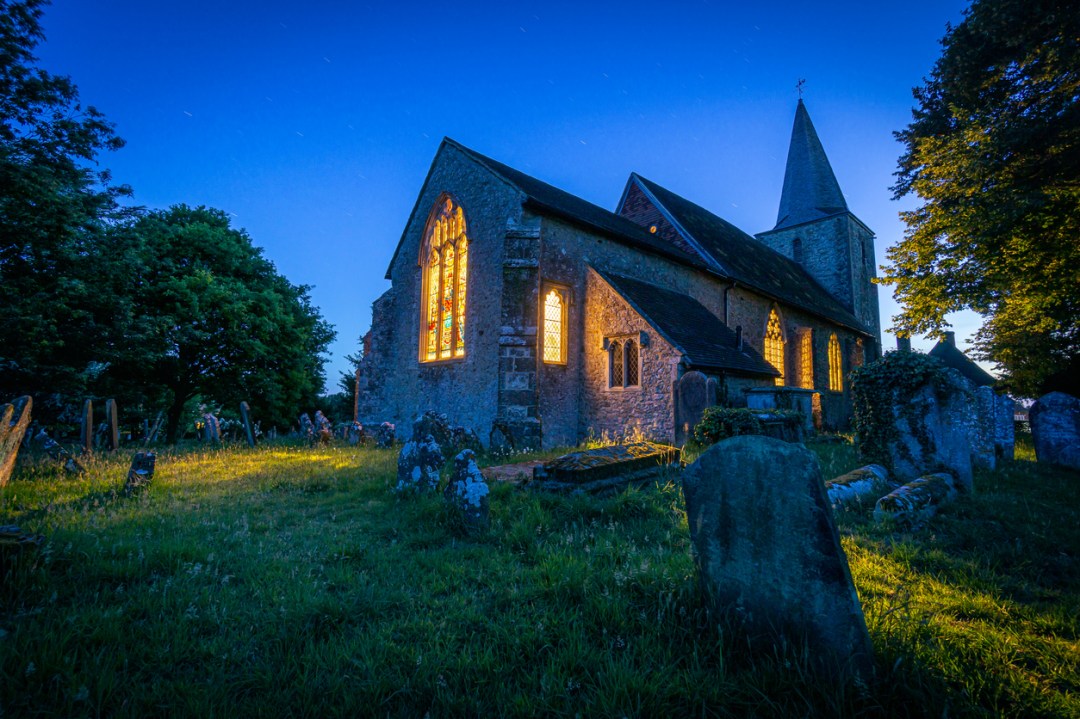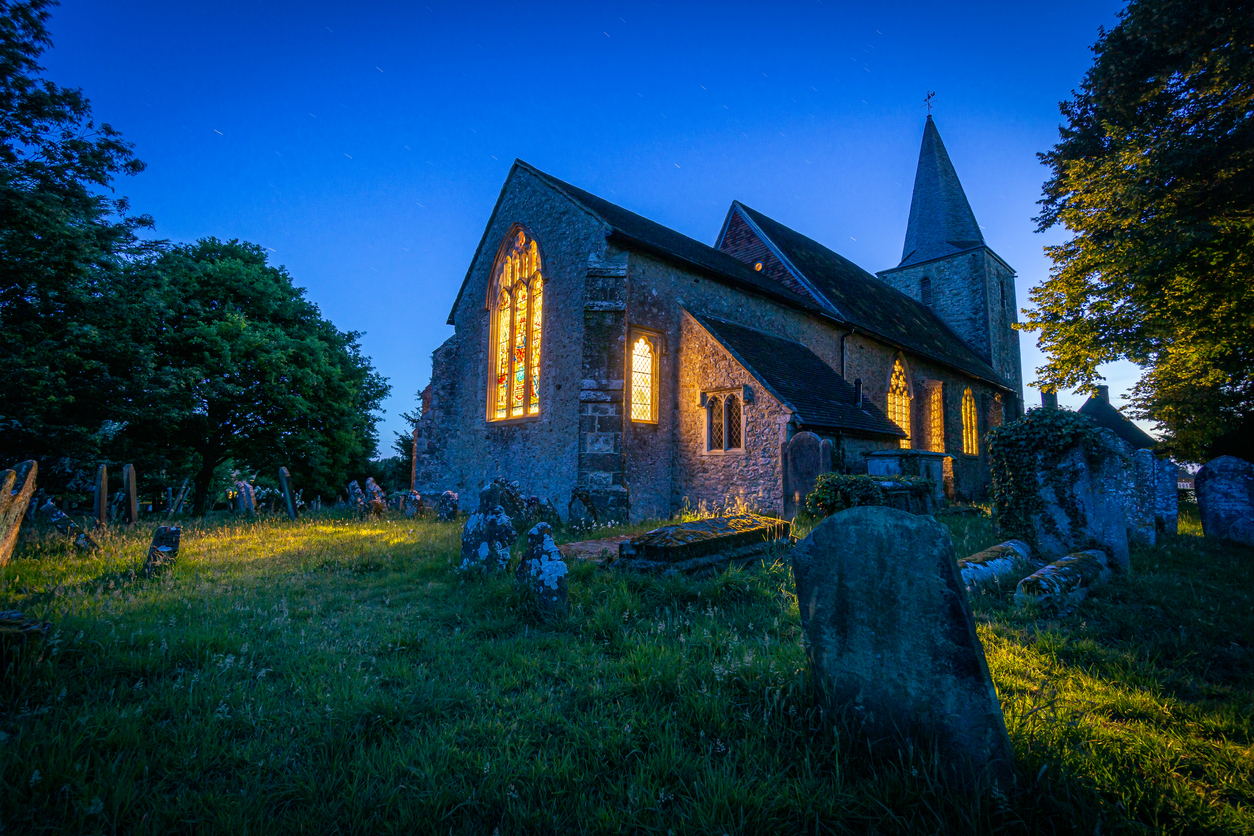‘And girls in slacks remember Dad,
And oafish louts remember Mum,
And sleepless children’s hearts are glad.
And Christmas-morning bells say “Come!”
Even to shining ones who dwell
Safe in the Dorchester Hotel.’
‘Christmas’. This poem by Betjeman conjures the magic of the season; conveys in its beat the sense of summons to the place where Christmas is celebrated and Christ is worshipped. This is a draw millions will soon feel, a tug on heart and soul that takes us to a place of candles and carols and babies and ritual and that musty smell of old stones and old books.
Midnight Mass is, for many, the stand-out favourite. The darkness outside sets off the candles inside; the carols take on a deeper meaning as the clock ticks over into the new day and we sing ‘Yea, Lord, we greet thee, born this happy morning’ for the first time this year. There’s something that speaks deep into the English psyche that so many have made their pilgrimage to the local church after finishing their pilgrimage to the local pub and stand, swaying, to hear the mystery proclaimed: the Word became flesh and dwelt among us.
Joining the wonderful, warm, half-sozzled mass of humanity for Midnight Mass is an entrance ticket like little else.
There is something truly counter cultural about Midnight Mass in twenty-first century England. That overlap of serious religion and a heavy night on the sauce offends modern clip-board-bearing, risk-assessment-making bureaucrats as much as it did their Puritan forebears who banned Christmas under Cromwell. That public transport is down, and consumption of alcohol is up, makes this by necessity a local, community act – the pilgrimage must be on foot, which limits the churches we can get to. A national church simply has to be a local church on Christmas Eve or it excludes everyone but the richest or the most geographically fortunate.
There’s also something extremely counter cultural in the fact of finding what we need on our doorstep. While our bodies can be fed in vast, soulless out of town shopping centres, our souls not only can be fed locally but are often best fed there. Even when we’re a guest in a community, joining the wonderful, warm, half-sozzled mass of humanity for Midnight Mass is an entrance ticket like little else.
And at that midnight hour we get so many things happening at once. At almost the darkest point of the year we have a reminder that light is coming into the world. So many in that church will be in deep darkness that night: will be feeling the want of the person who has sat next to them for 50 years, or the absence of a child whose cries brought such joy into their lives two decades past, or will know that a cancer is eating into them so that they will not be there next year. Some will have a different cancer eating into them – that of want, of the fear that they won’t be able to keep their family warm and fed over the coming months. There will be so many darknesses in that church tonight that it could easily be overwhelmed.
But somehow in the darkness of the night a light shines through. We see it metaphorically, in windows streaming light into dark graveyards. We boisterously sing, ‘In the dark streets shineth the everlasting light’ and we feel it too in an atmosphere unlike any other night. Something about that service – in the midst of a community we may or may not know, with words that reach back 2,000 years, in carols we know in our hearts – allows the light to enter in, and we are reminded, even if only for one moment in the year, that there is hope, that there is a Light that the darkness can neither comprehend nor overcome.
And funnily enough it’s in the basic act of eating and drinking that we encounter the Light most closely. The power of alliteration has triumphed over the English distaste for the word ‘mass’ and Midnight Mass invites us to share a meal – which is perhaps the most communal of community actions – and to share wine – which should exorcise all those puritans looking sniffily at the happy pilgrims from the pub. And as we come back from that meal, that ritual which takes us at once not only to a frosty stable in Bethlehem but also to a certain green hill far away, there is a little more light being shone around the world. And, no matter how much we’ve drunk before and no matter how firmly convinced we might be that it may all be nonsense, that light now shines from us too.
And, going back to families, now deep in sleep, waiting for the gifts wafted in from the North Pole (or an out-of-town shopping centre) we can shine a little bit of light, caught – like a candle from a candle – from the hope of Midnight Mass in the heart of our families and friends.
Merry Christmas.







Comments